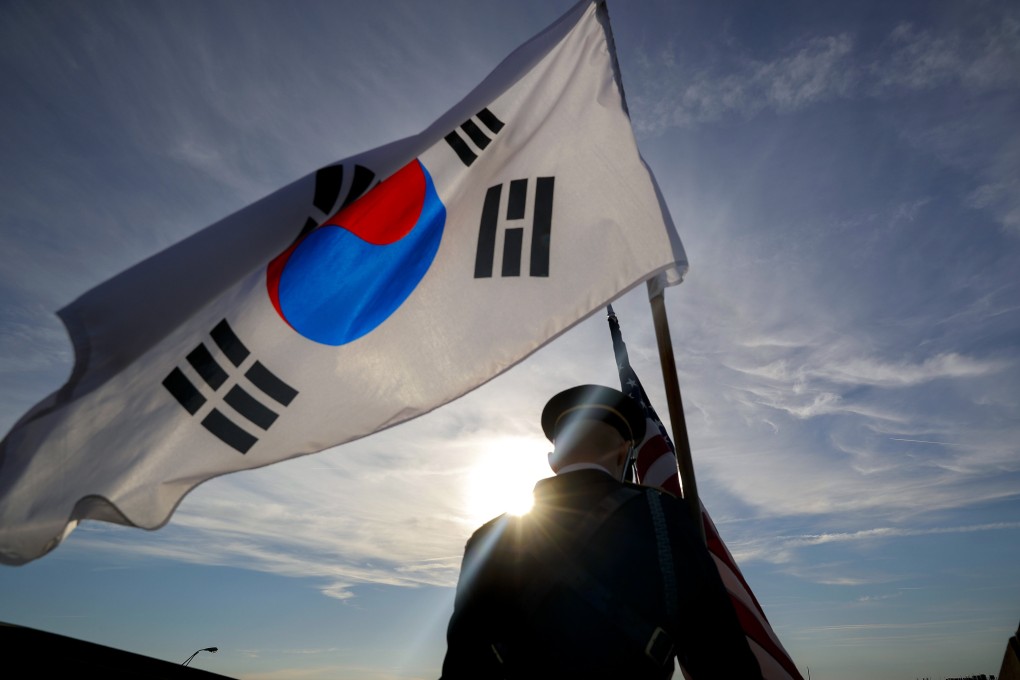China and South Korea open new lines of communication to cut the chance of a military mishap
- Hotlines will link South Korean navy and air force with counterparts in PLA’s Eastern Theatre Command
- In December, Seoul said it scrambled fighter jets after Chinese and Russian planes entered its air defence identification zone

Two new hotlines were established as part of a revised memorandum of understanding signed on Tuesday between the two defence ministries, the Chinese defence ministry said.
China’s first direct telephone line for frontline troops in the Chinese and foreign armies “could play a positive role in avoiding misunderstandings and misjudgments and strengthening crisis control among the frontline troops of China and South Korea at sea and in the air”, the statement said.
China and South Korea have three existing hotlines between the defence ministries and the navies and air forces of South Korea and the People’s Liberation Army Northern Theatre Command, which shares borders with North Korea, Russia and Mongolia.
According to Yonhap news agency, the new direct lines would link the navies and air forces of South Korea and the PLA’s Eastern Theatre Command, which oversees the East China Sea and the Taiwan Strait.
“[The new hotlines] will help enhance the communication between the South Korean and the Chinese military authorities, which is expected to prevent accidental clashes in the air and the sea and to bring trust one notch higher,” South Korea’s defence ministry said in a statement.